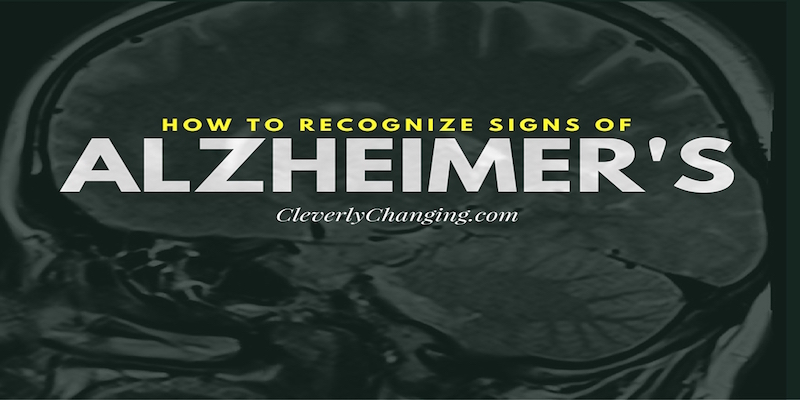Alzheimer’s disease is a common health condition that affects senior citizens, and there are several symptoms that indicate that someone is in the earliest stages of the condition. Understanding these signs can help you to find assistance for a loved one quicker in order to maintain their cognitive health longer.
Changes in Mood
If your loved one’s mood seems different, then it is possible that they are developing dementia. Some of the mood changes that can occur with Alzheimer’s disease include apathy, anger or depression. Some individuals will switch quickly from crying to laughing, indicating that something is wrong with the part of the brain that controls emotions.
Wandering and Getting Lost
A senior citizen with Alzheimer’s disease might forget their own address while on a walk around their neighborhood. In some cases, they will wonder far from a home to an area where they lived long ago. Wondering and getting lost is especially dangerous in bad weather conditions due to the dangers of heat stroke or hypothermia.
 Decrease in Appetite
Decrease in Appetite
Senior citizens with Alzheimer’s disease may display a loss of weight because their appetite decreases. Part of this loss of appetite is due to the inability to shop for nutritious foods and prepare meals. As the senior citizen consumes less food, they can develop anemia. Anemia also leads to reduced appetite, and your loved one may lose weight rapidly.
Forgetting the Names of Simple Things
Your loved one might begin to forget the names of simple things that are used on a daily basis, including the names of eating utensils. This form of memory loss makes daily living for a senior citizen difficult because they cannot ask for assistance in a restaurant.
Difficulties with Physical Movement
Physical problems can also occur with dementia conditions such as Alzheimer’s disease, and some of the earliest signs of a problem may occur when they cannot walk up and down stairs or perform simple tasks that require hand-eye coordination such as using a cooking utensil or sewing a button onto a shirt.
Finding Care for Your Loved One
After a medical evaluation from a physician determines that your loved one does have Alzheimer’s diseases, it is time to make a decision concerning their proper care. Facilities like Cornerstone Hospice and Palliative Care are equipped with registered nurses, relaxing rooms, medication and supplies for your loved one’s needs. However, if your family member feels most comfortable in the familiarity of their own space, in-home care from certified care-givers is also an option.
This post was written by Meghan Belnap a freelance writer from Oklahoma.


